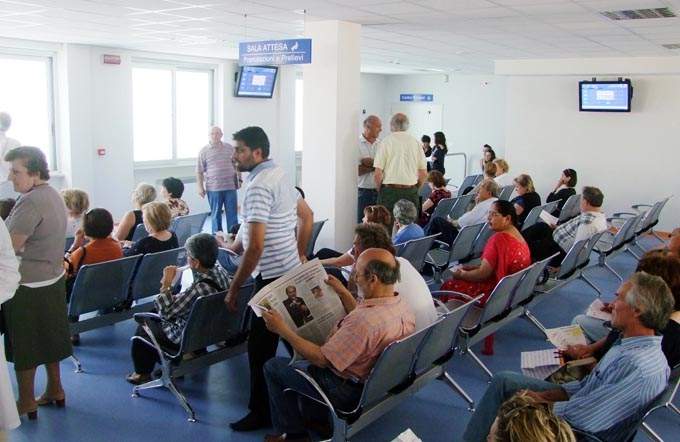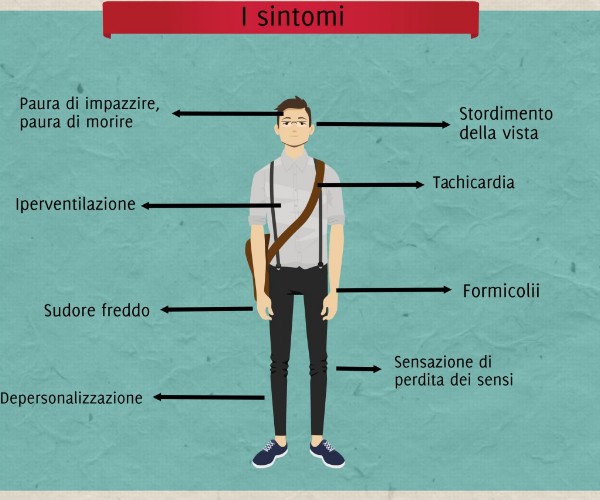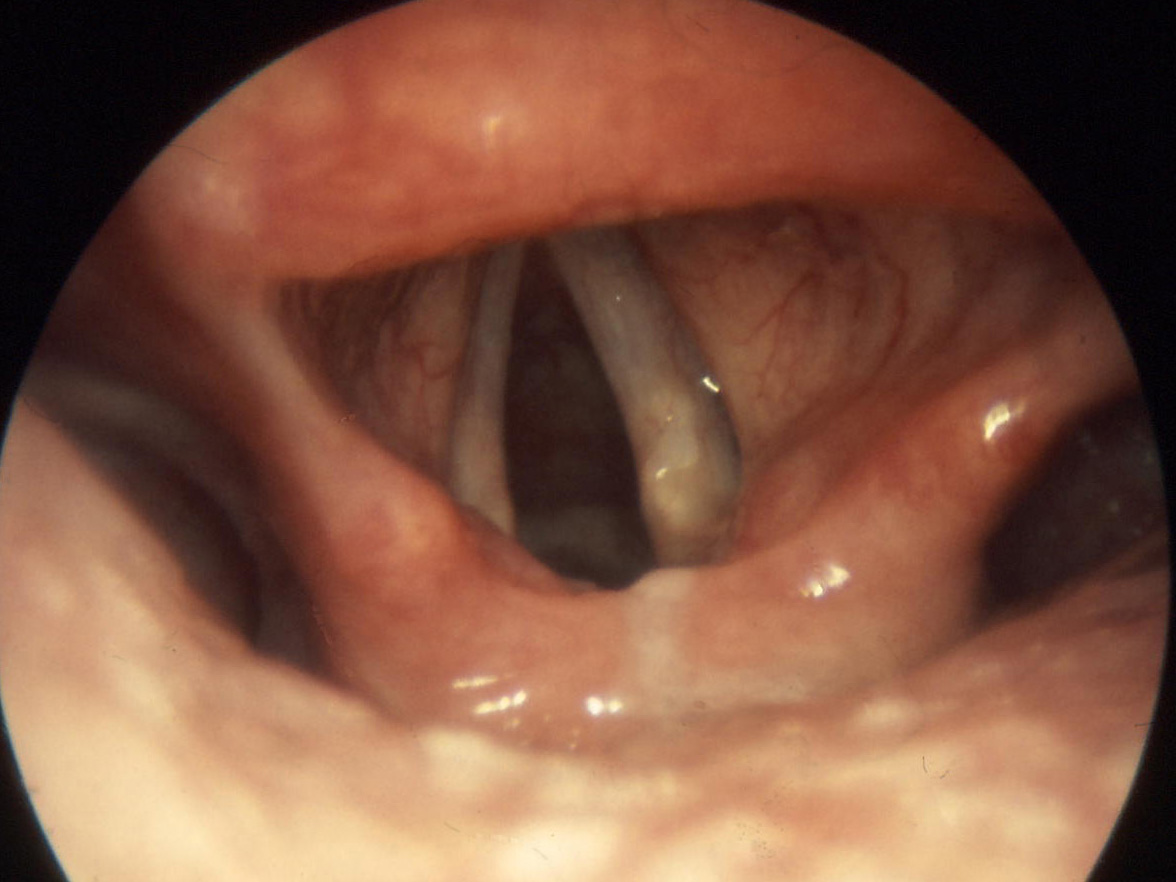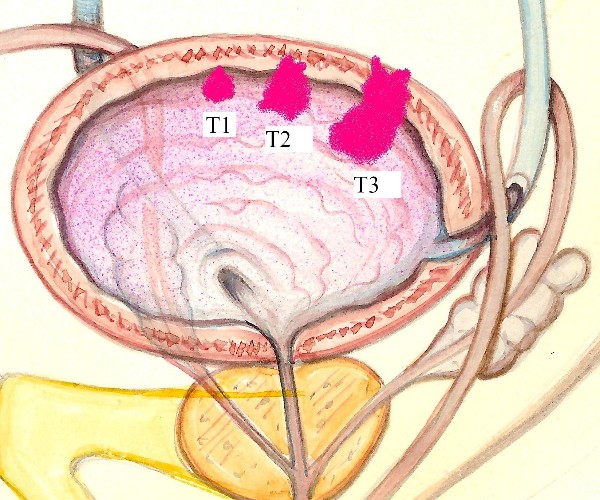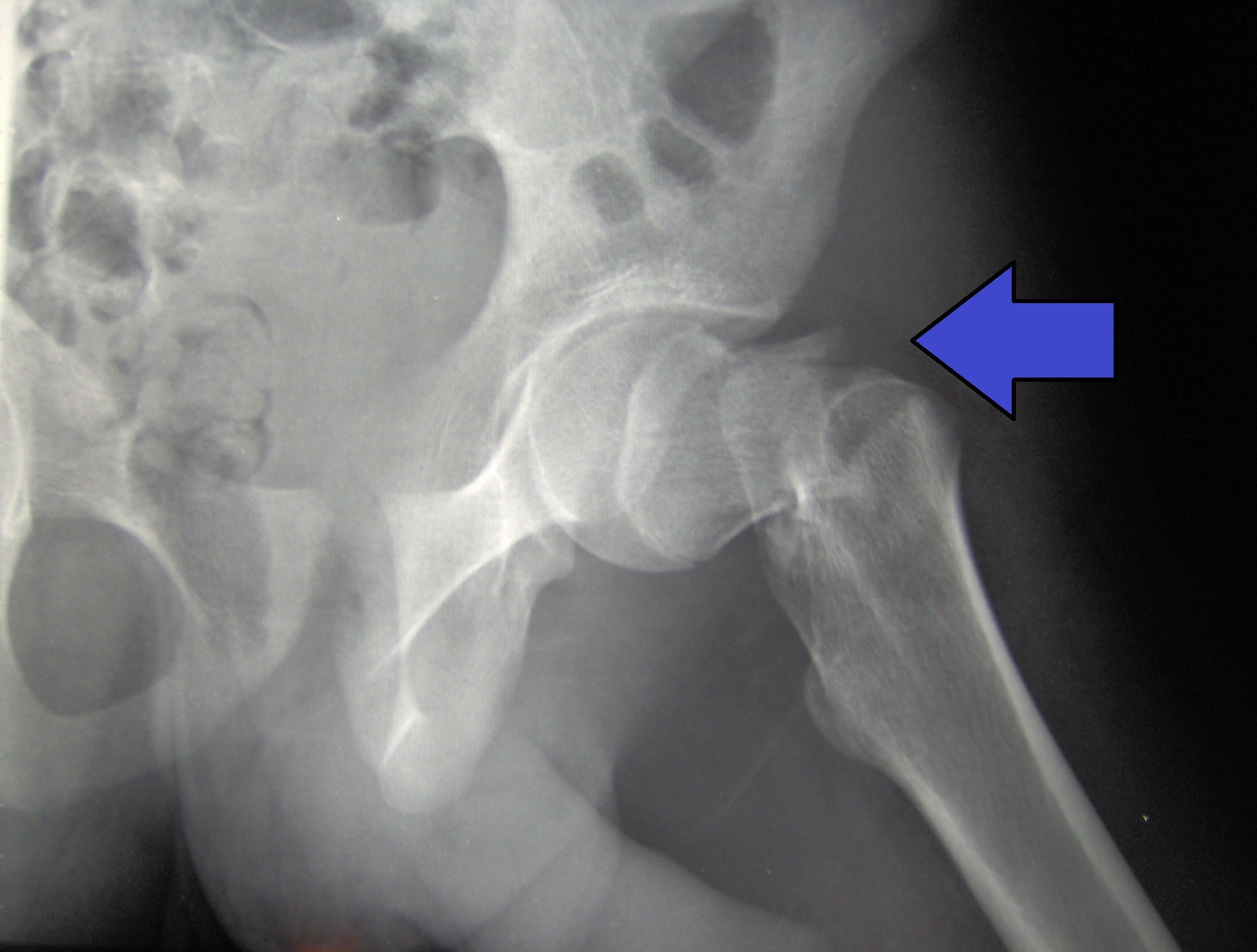Once again in the crosshairs is Italy’s national health care system. This time, however, it is fortunately not malpractice-related news even though, nevertheless, the consequences of this Assogenerici Association report could lead to unpleasant situations for a significantly higher number of citizens. The central theme of this news story relates to the costs of Italian health care (whether public or private) that are gradually becoming more and more onerous, putting in serious difficulty a good portion of the population that, as a consequence of the economic crisis that has gripped our country for too many years now, no longer has the ability to afford the purchase of drugs to treat themselves or to support a series of medical therapies fee.
Assogenerici’s figure
A worrying figure emerged following statements by Henrique Hausermann, president of Assogenerici (National Association of Generic and Biosimilar Drug Industries) who spoke in Florence at the “Forum of Sustainability and Opportunities in the Health Sector.” According to his statements, “Every year, one in ten Italians give up buying medications or discontinue treatment for economic reasons, that is, because of the excessive burden of out-of-pocket spending. For this reason,” Hausermann continued, “I believe a comprehensive rethinking of reimbursement mechanisms is needed to focus resources on the most vulnerable segments of the population by identifying a fair copayment system by income bracket. This is a disturbing fact that cannot and should not go unnoticed. Having the ability to care for oneself is an inalienable right of every individual citizen and should not be hindered by the economic component, which is increasingly the“queen” of almost all areas of modernity.
Such a situation can prove fatal for all those citizens with serious illnesses that require constant and prolonged medication intake, or for all individuals who need to undergo specific medical treatments and therapies. In this regard, the president of Assogenerici ( the official representative body of the generic equivalent and biosimilar drug industry in Italy ) concluded his speech by stating: “Looking forward, the proper management of resources cannot fail to include hospital pharmaceutical spending in the Drg ( diagnosis-related group, that is. A system to classify all patients discharged from a hospital Into homogeneous groups based on the absorption of committed resources ), the only strategy capable of enabling the proper assessment of the needs and outputs of care guaranteed to citizens.”
To all this we must add that very long waiting times for free medical services often drive patients to private centers that offer their services at significantly high costs. Such a situation only increases the sense of rejection and discouragement in patients.







